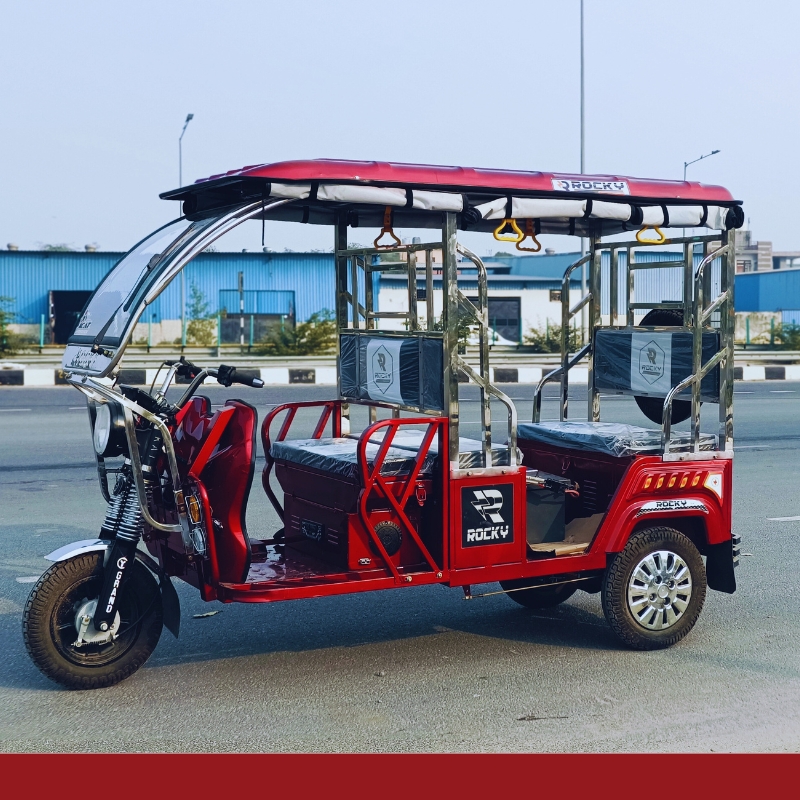The Best In Class Manufacturing Plant
Our facility at Najafgarh, Delhi, employs cutting-edge, futuristically designed equipment managed by advanced Cloud-ERP technology, with the capacity to produce 100,000 vehicles annually. It boasts a high level of vertical integration and relies significantly on local suppliers. Located in a green industrial belt, the facility aligns with our commitment to creating environmentally friendly products and solutions.
Rayon Engineers Manufacturing Facility has established a strong presence in the commercial vehicle market, becoming a key player in this segment. We offer a range of electric commercial passenger and transport vehicles, as well as electric two-wheelers. Our innovations in electric vehicles have set industry benchmarks, providing consumers with a viable, convenient, and cost-effective way to travel. The joy of riding is accessible to everyone, regardless of age or segment.

- Located in Najafgarh, Delhi
- Annual Capacity to Produce Over 100,000 Vehicles
- High Degree of Vertical Integration
- Managed Using Cloud-ERP Technology
- Significant Share of Local Suppliers
- Situated in a Green Belt Area, Fostering Environmentally Friendly Products and Solutions
India is on the brink of a transformative shift in its automotive landscape. The focus has shifted from petrol and diesel to electric power, driving significant changes in the two-wheeler segment. With rising fuel costs, increasing pollution levels, and congestion in urban areas, electric vehicles (EVs) present a promising solution for personal transportation. The country boasts the largest two-wheeler market globally, selling over 20 million vehicles annually. Despite the challenges posed by the second wave of Covid-19, data indicates that EV sales in the two-wheeler category grew by 21% in FY 2020, with an ambitious goal of achieving 100% electrification by 2030.
Eco-friendly rides for eco-conscious minds—together, we can drive change with electric scooters.
According to a report from the India Energy Storage Alliance (IESA), the Indian EV market is expected to grow at a compound annual growth rate (CAGR) of 36% through 2026. The two-wheeler segment alone is projected to surpass six million units sold by 2025. The report titled “India’s Electric Mobility Transformation” estimates that by 2030, 80% of two- and three-wheelers in India could be electric. Achieving these targets could result in a net reduction of 14 exajoules of energy and 846 million tons of CO2 emissions over the lifetime of these vehicles. By 2030, electric vehicles could save a cumulative 474 million tons of oil equivalent, amounting to approximately $207.33 billion.

